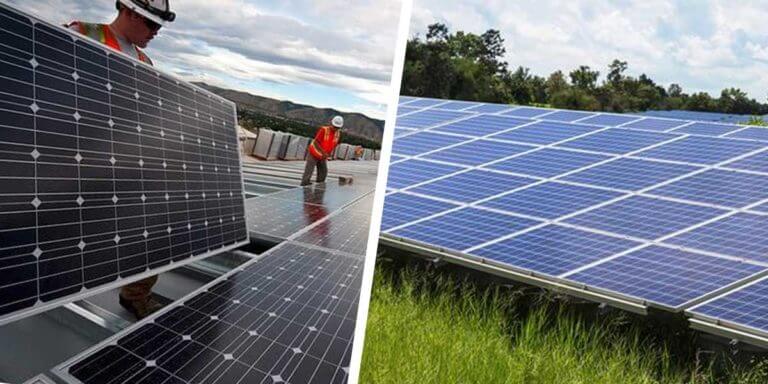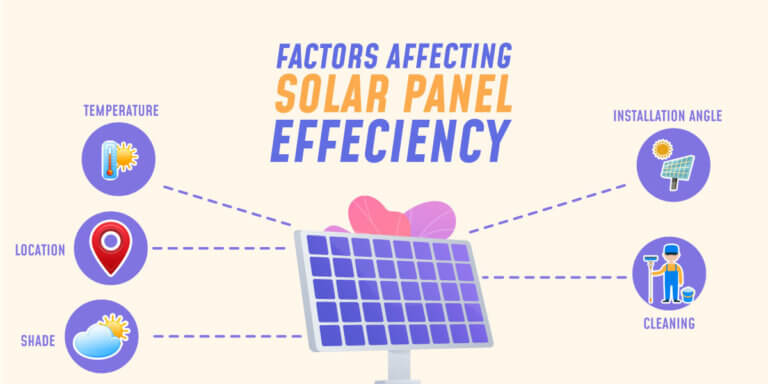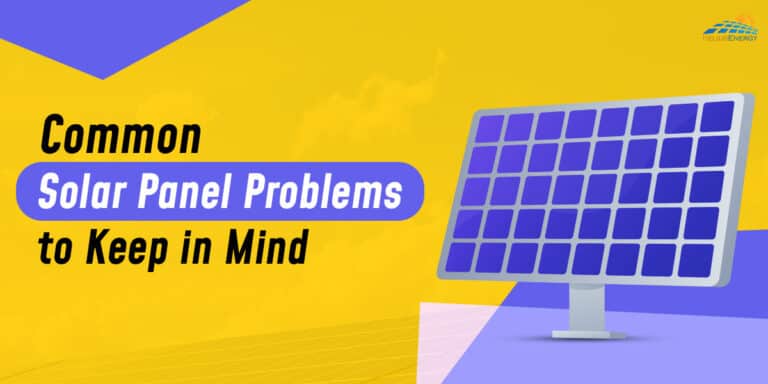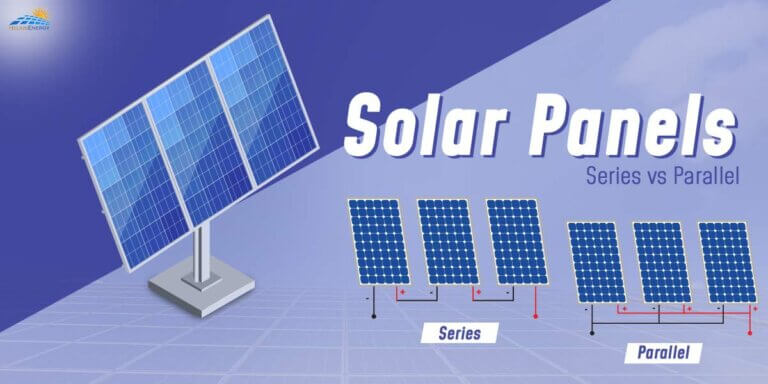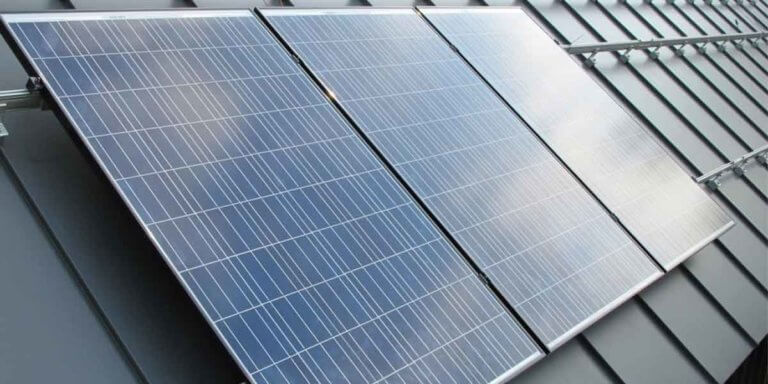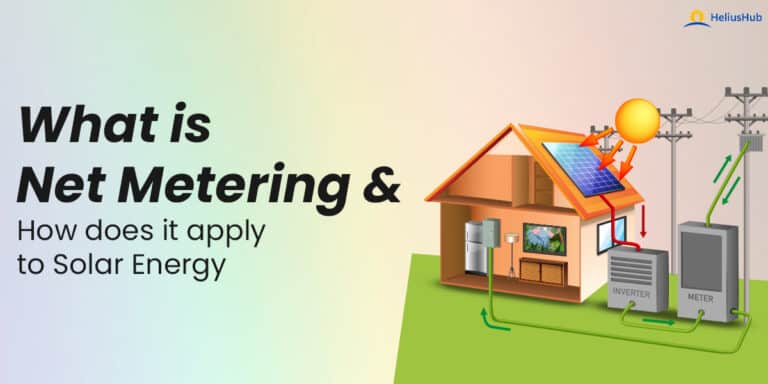Do Solar Panels Work in the Winter? | Snow Effects
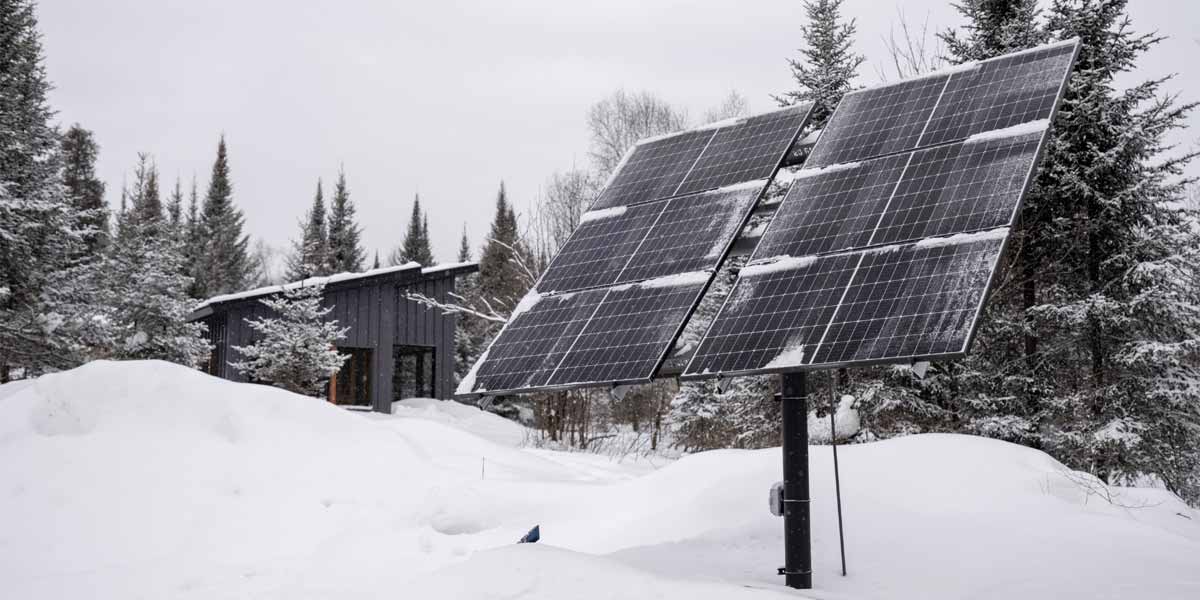
If you’re interested in installing solar panels, you might be curious about their seasonal performance, and if in the colder climates, the solar panels can produce enough solar energy to sustain throughout the winter. When considering a home solar system, many people tend to think of the hot summer climates since the solar panels get maximum sun exposure during that period.
The question then arises – do solar panels work in the winter? Solar panels create solar energy even in the winter. When one gets accustomed to the technology that is utilized behind a rooftop solar system, they realize how solar panels can be effective even in the winter.
Solar panels convert sunshine into electricity even in temperatures below freezing temperatures. Solar panels gather energy from the sun’s abundant light rather than the sun’s heat.
Cold regions, in fact, are ideal for solar panel efficiency. A solar panel will generate electricity as long as sunshine strikes it. Heavy snowfall and decreased daylight hours will be the primary causes of reduced output throughout the winter months.
So, how exactly do solar panels function?
When photons from the sun strike photovoltaic cells (Mono or Polycrystalline) in solar panels, electrons in the silicon are set in motion. This generates an electric current, which is then sent to your home’s electric distribution box, where it powers your important appliances. A solar battery that can be recharged can help store this electricity so that you can continue to use solar power.
Does Temperature Affect Working of a Solar Panel at all?
Solar energy works by capturing and converting the sun’s energy into electricity. Solar cells (also known as photovoltaic PV cells) convert sunlight directly into electricity, producing direct current (DC) electricity, which is then converted into alternating current (AC) electricity and used in your home by an inverter.
In general, the output of your home solar system will be lower in the winter than in the summer. However, the disparity in output might not be as great as you tend to believe. Solar panels do not rely on the sun’s heat like a solar thermal to generate electricity.
On the other hand, colder temperatures can aid in synthesizing solar cells (PV Performance). Solar panels require sunlight to generate electricity, so you should be fine unless your solar system is blocked.
Do Solar Panels Work in the Winter?
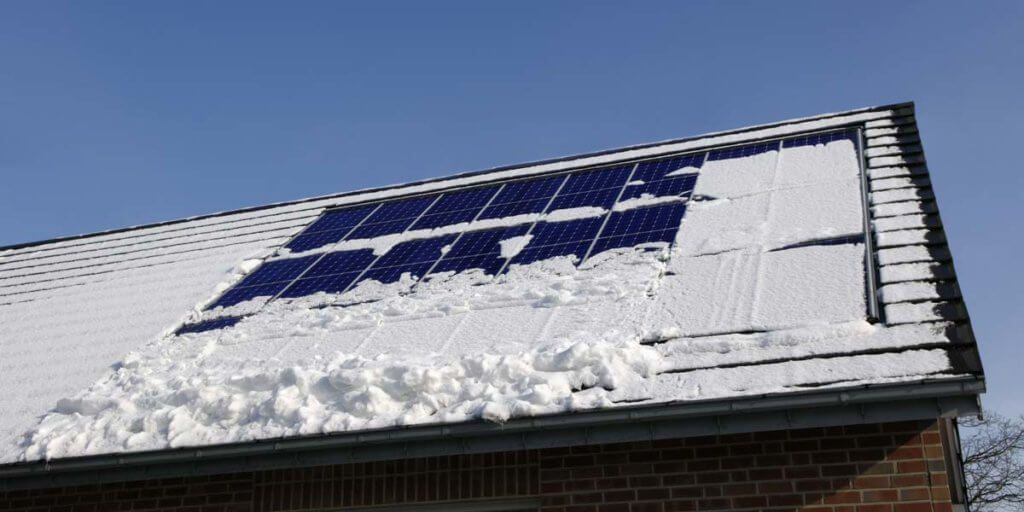
Do solar panels work in extreme cold? Yes, they do, in a nutshell. Sunlight is converted into electricity by solar panels. It makes no difference how hot or cold it is as long as sunshine falls on the panels. In reality, when it’s chilly outside, photovoltaic (PV) solar panels perform better.
This is because solar panels, like all electric appliances, perform better at lower temperatures. Solar panels are put through their paces at a frigid 5°C (41°F) to determine their maximum output. Solar panel output is at its highest at these lower temperatures.
The fact that there are fewer days (and consequently fewer hours of sunlight) during the winter offsets this increase in efficiency. As a result, energy outputs in the winter are not much different from those in the summer. A lot depends on where you are in relation to the equator. The number of solar panels you’ll need and the amount of money you’ll save will vary based on where you live.
Do Solar Panels Work When Covered with Snow?
We know that solar panels perform better in cooler temperatures, but do solar panels work through snow? The good news is that solar panels can generate electricity even when they are covered in snow. Through the snow, sunlight reaches solar panels, allowing solar cells to continue to produce energy.
The black, reflecting glass on solar panels accelerates snowmelt and allows it to glide off before considerably interfering with performance.
Snow does not accumulate on installation racks since they are angled up at 30 to 45 degrees (to a point). A thin dusting of snow will most likely blow away or vanish quickly. Snow from the ground can reflect extra sunlight onto your solar panels like a mirror on cold, clear days. The “albedo effect” allows solar panels to generate considerably more electricity in the dark.
How to Make the Most of Solar Panels in Winter?
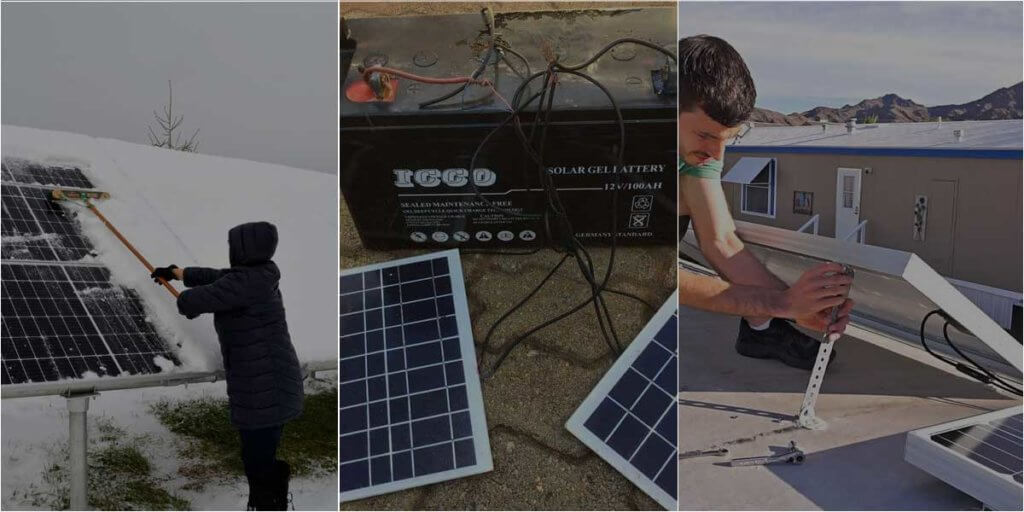
1. Snow Removal
Does snow affect solar panels? Remember that premium-grade panels are completely tested to function year-round and endure adverse weather conditions. Snowfall, for example, should not harm solar panels because they have been proven to withstand cold temperatures and the weight of large volumes of snow or debris.
If mounted correctly and installed by trained personnel, solar panels are meant to withstand a certain amount of snow, rain, and hail unless you have a hail storm in your area, in which case you will need to learn how to protect your solar panel from it. Your solar panels should be resistant to corrosion, impact, and weather extremes.
Snow will naturally melt and glide off the solar panels because they are smooth and generally positioned on a tilted roof surface. Because the snow may slide off your roof in enormous sheets, we recommend moving cars, patio furniture, and anything that may be harmed by the impact.
Snow guards can be installed as a precaution to prevent excessive volumes of snow from falling at once and to protect the areas below your roof’s edge.
The black solar panels absorb heat and aid in snow melting. Solar panels are made to attract and trap the sun’s beams which is why solar panels are typically 20°C (36°F) warmer than the ambient temperature. As a result, even a sliver of sunlight can cause the solar panels to warm up, hastening the melting of the snow around them.
2. Using Solar Battery Storage
The grid may not be as resilient to winter storms as solar panels. Power disruptions are common during the winter months, with some outages keeping families in the cold and in the dark for days.
Despite the pandemic having caused a record number of Americans to stay at home, rising global temperatures and increasingly catastrophic weather events are making it far more difficult to weather the next storm without adequate backup power.
Installing a grid-connected rooftop solar panel system with battery storage can provide you with clean, renewable backup power to get you through the next power outage. Solar panels have proven to be extremely durable in the face of adverse weather. You can save money by combining your solar panels with a solar battery.
3. Optimize Direction and Installation Angle
Solar panels are typically positioned at an inclination to allow snow to slide off easily. You can get solar panels with continuous panel tracking or seasonal panel tracking at any time. The angle of the panels can be changed in each of these systems to get the most of the solar panel.
During the winter, by making the angle steeper, one may optimize the angle of the solar rays landing on the panels while simultaneously making it more difficult for snow to collect on them.
Are Solar Panels Popular in Colder States in the US?
In some of the snowiest states, solar panels are very popular. New York, Massachusetts, and New Jersey are all among the top 10 solar panel installation destinations in the US.
According to research conducted in several winter regions, solar is a proven, affordable energy source in northern latitudes. In 2018, Massachusetts and New Jersey were among the top 10 states for solar installations.
New York was named among the top ten states for solar installations by the Solar Energy Industries Association (SEIA) in 2019. Solar panels are even employed in Alaska and US sites such as Antarctica’s McMurdo Station.
You don’t have to live in California, Arizona, or Florida to benefit from solar energy. Solar panels have proven time and time again that they can generate electricity in snow and extremely cold temperatures.
Verdict | Solar Panel and Winter
Winters are arguably the most difficult season for solar power systems, although they do work in the winter. You can be confident that your solar energy system will work effectively even during the coldest winter months if you take the proper precautions.
Do solar panels work in cold weather? The days are shorter in the winter, limiting the quantity of electricity produced; sunlight reaches the panel at a ‘lower angle,’ reducing the amount of accessible sunlight even further. During the winter, electricity demand is generally at its peak. This is when your solar power system will be put to the ultimate test.
The basic line is that you must behave sensibly when it comes to maintaining your solar system during the harsh winter months. While you must be creative to maximize your electricity generation, you must also be frugal in your usage. Remember that you are now your own power company, and one of your tasks is appropriate planning and maintenance.

